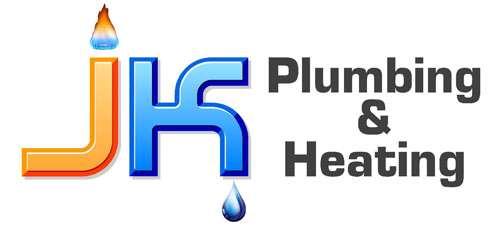Ground source heat pumps use underground pipes from the garden to carry heat from the ground to radiators, underfloor and hot water systems.
A ground source heat pump circulates water and anti-freeze around a ground loop of pipe, from the garden. The fluid absorbs the ground heat and then travels through a heat exchanger into the heat pump. The ground remains at a fairly even temperature below the surface, so you can use the heat pump all year round.
The fluid passes through a compressor which raises its temperature, so it can heat water for the heating and hot water circuits in a house. The cooled ground-loop fluid passes back into the earth from where it absorbs more energy in a continual process while heating is needed.
How long the ground loop is depends on how big your home is and how much heat you need. Longer loops extract more heat, but, clearly, take up more space. If space is at a premium, drilling a vertical borehole is an option.
We cover the South East which includes all of East Sussex, Heathfield, Horam, Broad Oak, Cross in hand, Crowborough, Uckfield, Hailsham, Eastbourne, Lewes, Brighton, Seaford, Newhaven, Haywards Heath, Burgess Hill, Hastings & Battle. Kent Tunbridge Wells, Pembury, Sevenoaks, Ashford & Maidstone. West Sussex, Surrey & Mid / South London. This includes postcode areas TN, BN, RH and Inner & Outer London.
Benefits
- Potentially lower fuel bills, especially if you use instead of conventional electric heating.
- A potential income through the government’s Renewable Heat Incentive (RHI).
- Possible reduced carbon emissions, depending on the fuel you are substituting.
- Eliminates the need for fuel deliveries.
- Home and water heating are provided together.
- Heat pumps provide heat at lower temperatures over longer periods. In the winter, you may need them on all the time for effective heating. You will also notice that radiators feel cooler to the touch than those powered by a gas or oil boiler.
- Ground source heat pumps are more efficient than air source heat versions, even if they can be trickier to install.
- They work better with underfloor heating systems or warm air heating than with radiator-based systems due to the lower water temperatures needed.
Is a ground source heat pump right for my home?
- The ground in your garden needs to be suitable for a trench or a borehole and heavy machinery will need to access it.
- These pumps work best when generating heat at a lower temperature than conventional boilers, so your home must well insulated and draught-proofed.
- The system will become cost-effective a lot more quickly if it replaces an electric or coal-fired system. Heat pumps may not be the best option if you use mains gas.
